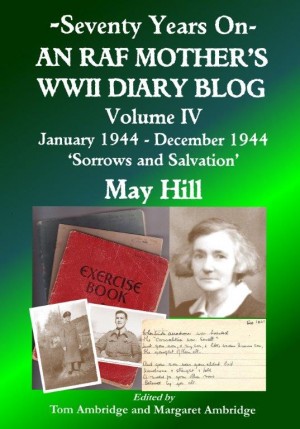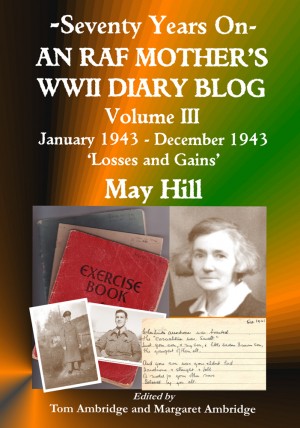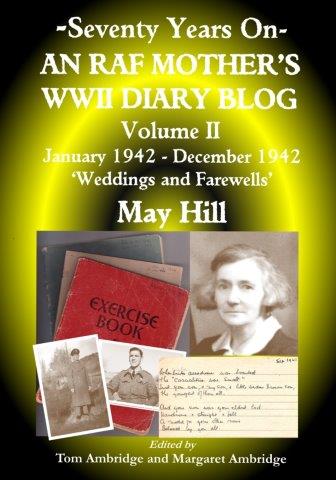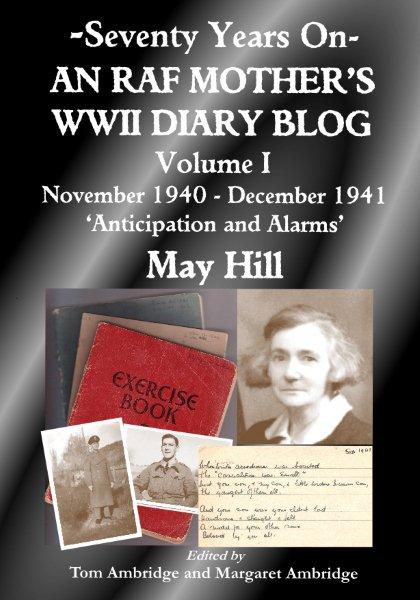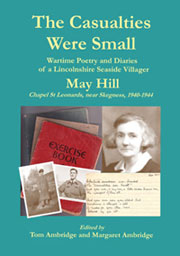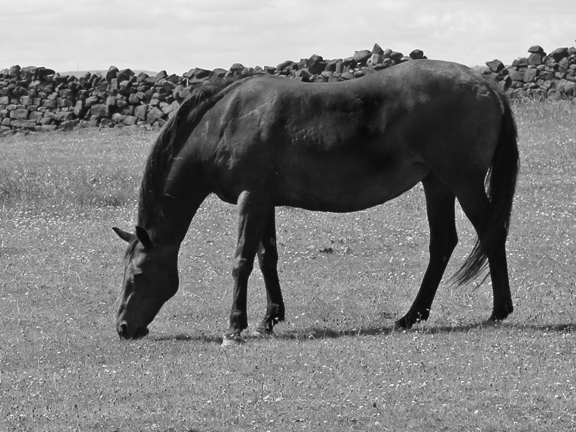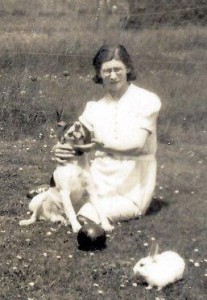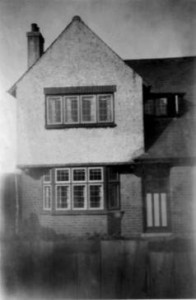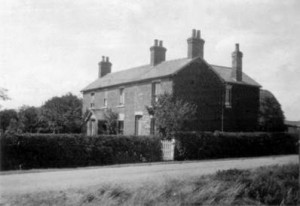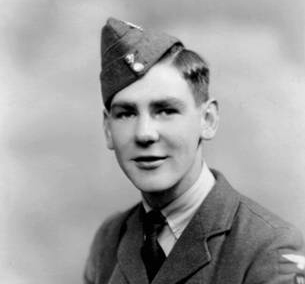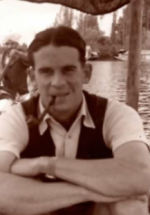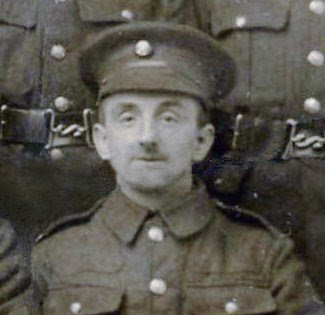Comrades! Mourn not my loss.
Now, free from earthly weight my soul rides high.
Far, far above your little globe I seek another star,
My plane untrammelled by the pull of earth,
Beats pinions strong and swift in widest space.
Wife, mother, brothers, sisters all, shed not your
…………………………………………………………………..
…………………………………………………………………..
And yet it leads at last thro’ clouds and weariness and doubt,
To growing faith and strength, and gleams of sunshine,
And in after years, when time has softened sorrow’s roughest edge,
To glowing days of summer sun, and then, at last
To that same goal to which I swiftly pass.
“Tune now your hearts to music, brave”,
And set your feet to climb the hill.
Until at last the “Golden Years” shall come,
When all shall dwell within the Light of God,
In Happiness and Peace and war shall be no more.
“Tune Your Hearts to Brave Music” was discovered, incomplete, on loose sheets with about half a page missing, possibly containing ten or twelve lines around the middle section. Whilst the date is not known, this could have been May’s final poem before her death on 18th November 1944 which was just a week after Remembrance Day, 11th November. The poignant words fittingly serve as a remembrance of May herself athough she may have written them with her beloved departed husband Will in mind.
The inspiration for the poem clearly came from a prayer, attributed to St Augustine of Hippo (AD 354-430), which contained the lines: ‘Flood the path with light, we beseech you; turn our eyes to where the skies are full of promise; tune our hearts to brave music …’
St Augustine’s Prayer, is freely quoted in prayer books and individual church websites, although several variations in the wording and length occur. Some versions are truncated before the line ‘tune our hearts to brave music’.
Although It is believed that overall the main wording of the poem is original, written by May Hill, it is possible that she had deliberately quoted a poem that she had found elsewhere. However searches have not revealed lines other than those referred to above as part of St Augustine’s Prayer.
The poem has been added to the poems collection on this site. It also appears in the book The Casualties Were Small (available on Amazon) which contains over twenty of May’s poems as well as selected diary extracts, including those which suggest the background to each poem, accompanied by many nostalgic photographs.
The final item in this Blog, to follow in about a week’s time, will be a short Postscript relating to son Ron and the rest of May’s family.
Have you read an introduction to May Hill & family (includes photographs) and explored ‘The Casualties Were Small’?

